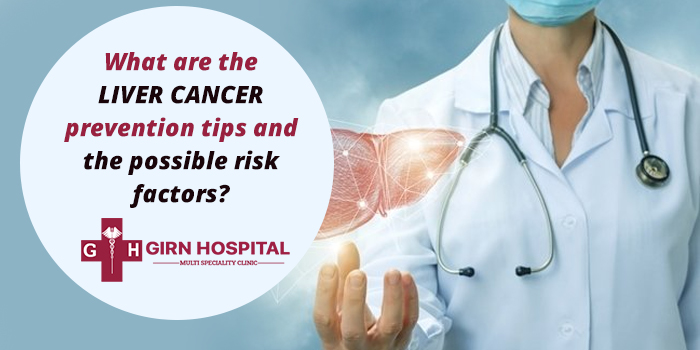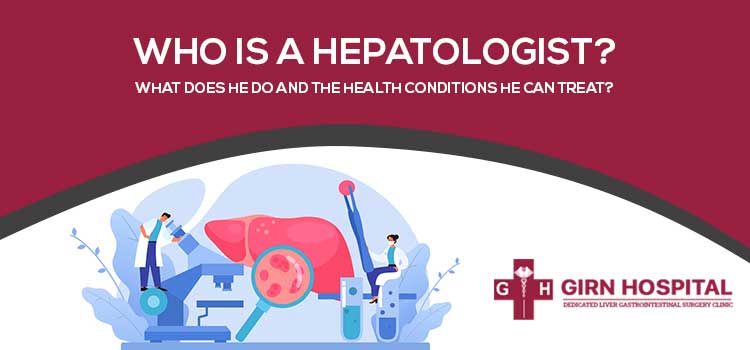What are the liver cancer prevention tips and the possible risk factors?
Liver Cancer Prevention & Risk Factors
Liver cancer is primarily caused by excess alcohol consumption or infection due to Hepatitis C or B infection are the major reason behind it. To prevent the chances of getting infected, it is essential to get a liver cancer screening. You need to consult the best Liver doctors in Punjab. If you are looking for a liver doctor, then you should visit our liver hospital in Ludhiana, for a customized treatment plan.
Around 80% of the cases of liver cancer are due to infection. The chances of infection are increased due to:
- Unprotected sex
- Sharing unsterilized needles
- A blood transfusion, if received before 1992
What are the ways to prevent liver cancer?
To reduce the risk factor of liver cancer, you need to follow a healthy lifestyle. Make sure that you exercise regularly, keep control over your weight, and include nutritious food options in your food palate. Most importantly, reduce the intake of alcohol.
Protect against Hepatitis B and C Infection
If the infection is not treated, it can lead to scarring (cirrhosis), cancer, and even liver failure. Vaccination is available for adults and children. In case you are at increased risk of Hepatitis C and B, then you need to undergo the screening test.
Patients with chronic hepatitis B, need to undergo antiviral therapy which will reduce the risk of liver problems and decrease the possibility of liver cancer. Till now, there is no vaccine available for hepatitis C but getting the right treatment plan will eliminate the virus. You must visit the doctor from time to time and get the imaging test which includes a CT scan, MRI, or Ultrasound.
What are the risk factors of liver cancer?
Apart from the chronic infection which is mentioned above, here are some of the problems which are known for increasing the risk of liver cancer.
- Nonalcoholic fatty liver disease (NAFLD):
In medical terms, it is also known as nonalcoholic steatohepatitis. It leads to a fat type which increases the risk of damage and liver scarring. If you are overweight/obese or have type 2 diabetes then you are at increased risk.
- Cirrhosis of the liver
Liver scarring will get worse when you drink alcohol in excess. There is even an increased risk of infection with people who are infected with hepatitis C or B virus.
- Hemochromatosis
It is referred to as a genetic disorder and in this condition, the body starts absorbing iron in excess from the food you eat.
Screening for Primary Liver Cancer
You should consult our liver doctor to plan the right treatment approach for you. Most importantly you need to get regular screening along with imaging tests like ultrasound. You need to get it every 6 months. Doing so will help to understand the problem at the right time and it will help cancer to be easily treatable.


